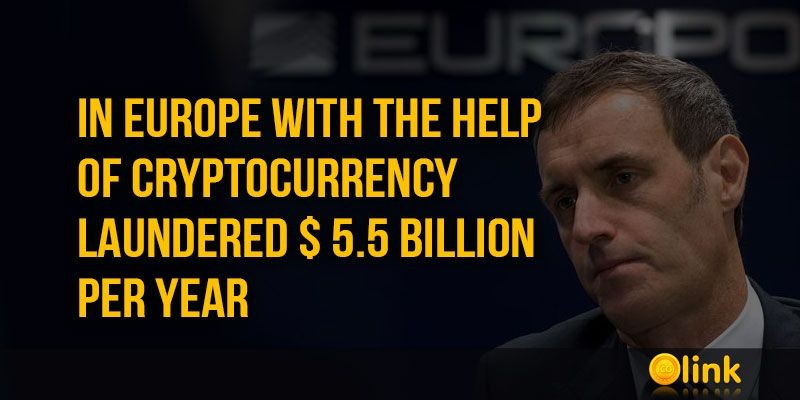At the Cyber Days conference held on Sunday, co-founder of the Tezos blockchain project, which raised a record $ 232 million, Kathleen Breitman said the project is preparing to release tokens: "We plan on releasing the token and going rogue in the next few weeks. We're able to release the token on our own terms. For awhile I felt like I was being 'gaslit,' but then I unburdened myself of the morality of it. Things needed to move forward. It's unfair, but we need to ship the code".
South Korea, it seems, is softening its position regarding the trade in cryptocurrencies. According to Yonhap News, Choe Heung-sik, head of the Financial Supervision Service, said that the government "will support crypto-trade in the performance of normal transactions." Cho also said at a meeting with representatives of crypto-exchanges that the government would "encourage" banks to work with stock exchanges.
ICO messenger Telegram, has not yet officially begun, but already set an absolute record on the size of the collected investments.
New price records Bitcoin will show in July 2018, says the well-known financial expert and ex-analyst of financial holding company JPMorgan Chase, Tom Lee.
The Coinbase platform has launched the Coinbase Commerce service, which aims to help online shops accept payments in the four leading cryptocurrencies. As noted in the company, Coinbase Commerce ensures the receipt of payments in cryptocurrencies, controlling, verifying and confirming the transactions of customers in each unit.
The American Institute specializing on the Search for Extraterrestrial Intelligence (SETI) complained that they could not purchase the necessary graphics cards for research work, which were bought by the Cryptocurrency Miners. "We'd like to use the latest GPUs [graphics processing units]... and we can't get 'em," said Dan Werthimer, professor at the Berkeley SETI Research Center.
The LoopX cryptocurrency start-up, which, with the help of ICO, attracted investments of several million dollars, disappeared along with all the collected funds in cryptocurrencies. Promising "the most modern algorithm of trading on the cryptocurrency market," the start-up suddenly disappeared, closing the site on the Internet and removing all traces of existence in social networks.
In the European Union, with the help of cryptocurrency, about 4-5.5 billion dollars are illegally laundered annually, the head of the European Police Service (Europol), Rob Wainwright, said in an interview with BBC. The total amount of illegal income in Europe, he said, is 100 billion pounds sterling, of which about 3-4% is laundered using cryptocurrency.
The founder and head of investment company Pantera Capital, Dan Morehead, made a very optimistic statement about the Bitcoin and the cryptocurrency market in general. Speaking in the Fast Money program on CNBC, Morehead said that the events taking place on the market should not be considered catastrophic. According to historical data, the drop in the rate of Bitcoin does not contradict an absolutely normal scenario, and in addition, the financier expects a change in the market trend in the near future.
Bitgrail, a cryptocurrency exchange specializing in trading Nano (previously Railblocks), stopped all operations after losing 17 million XRB, at that time costing about 170 million dollars. The Italian exchange suspended the input and output of XRP two weeks earlier, and customers were already afraid of the worst. The other day the operator of the exchange Francesco Firano (Francesco "The Bomber" Firano) confirmed the bad news, which caused a stormy reaction of the Nano community. Many believe that the owner of Bitgrail carried out a fraudulent operation, stealing almost 13% of the funds from the total number of tokens in circulation.









